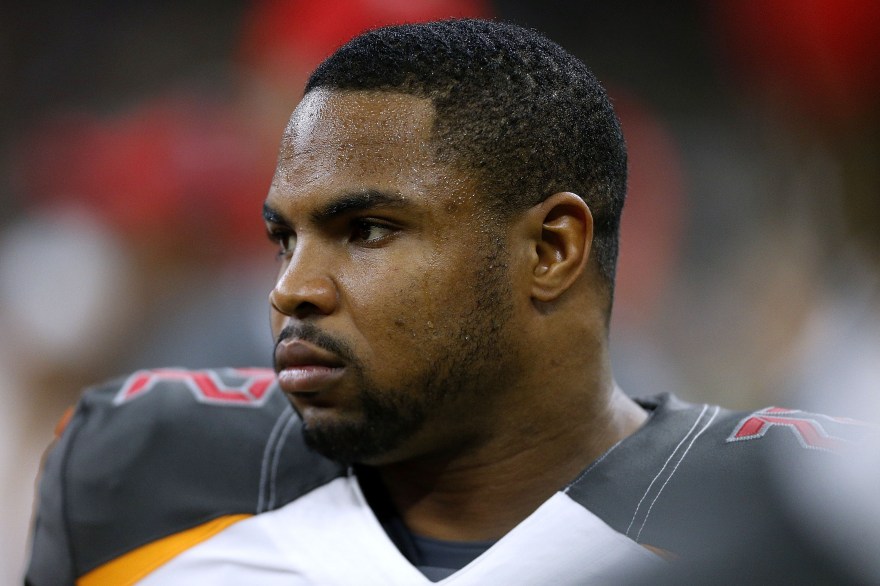Videos by According2HipHop
Former NFL running back Doug Martin — best known for his time with the Tampa Bay Buccaneers — has died after what authorities described as “a brief struggle” with Oakland Police while being detained over an alleged break-in. He was 36.
According to a statement released Monday (Oct. 20), officers with the Oakland Police Department (OPD) responded to reports of a break-in around 4:15 a.m. on Saturday, Oct. 18, in the 11000 block of Ettrick Street. Police say they encountered Martin at the scene, and during their attempt to detain him, “a brief struggle occurred.”
After being taken into custody, Doug Martin reportedly became unresponsive. Paramedics were called to provide aid and transported him to a local hospital, where he was later pronounced dead. The incident remains under investigation, and the officers involved have been placed on paid administrative leave in line with department policy.
The OPD confirmed it has been in contact with Martin’s family, who’ve requested privacy as they process the loss.
Martin’s former agent, Brian Murphy, shared that the athlete had been battling mental health issues that “profoundly impacted his personal and professional life.” Murphy said Martin’s parents had sought medical help and even contacted local authorities before the fatal encounter, noting that Martin had been feeling “overwhelmed and disoriented” prior to allegedly fleeing his home and entering a neighbor’s property two doors down.
“Ultimately, mental illness proved to be the one opponent from which Doug could not run,” Murphy said in a statement.
Doug Martin spent six seasons in the NFL, primarily with the Buccaneers, and earned two Pro Bowl selections. He last played for the Oakland Raiders in 2018.
The OPD says no additional details are being released at this time as the investigation continues.
Doug Martin ’s death adds to an ongoing conversation about how mental health struggles can persist long after the spotlight fades. As more athletes and organizations open up about the challenges of life after the game, his story serves as a sobering reminder of the real human battles that often stay off the field.























